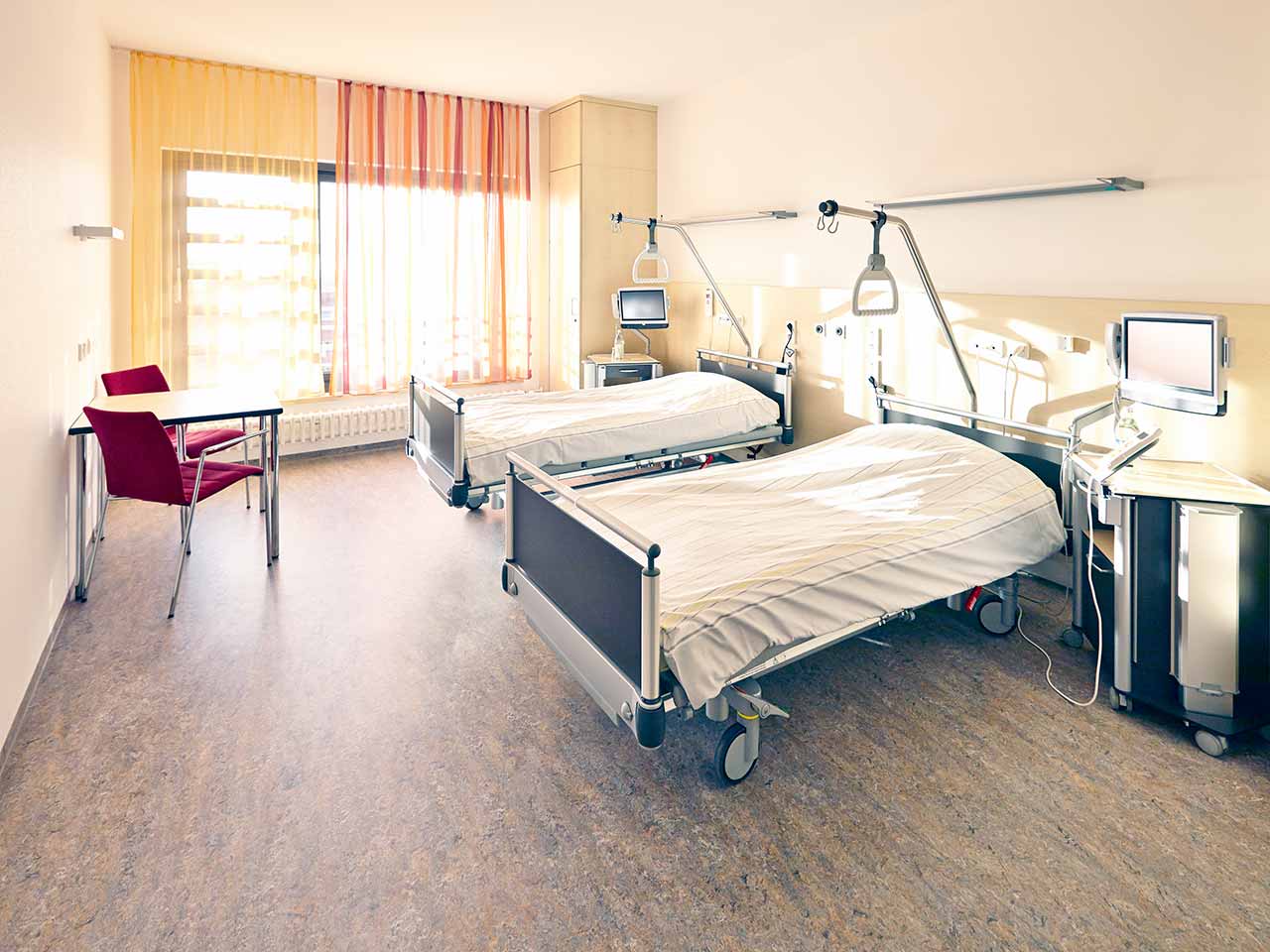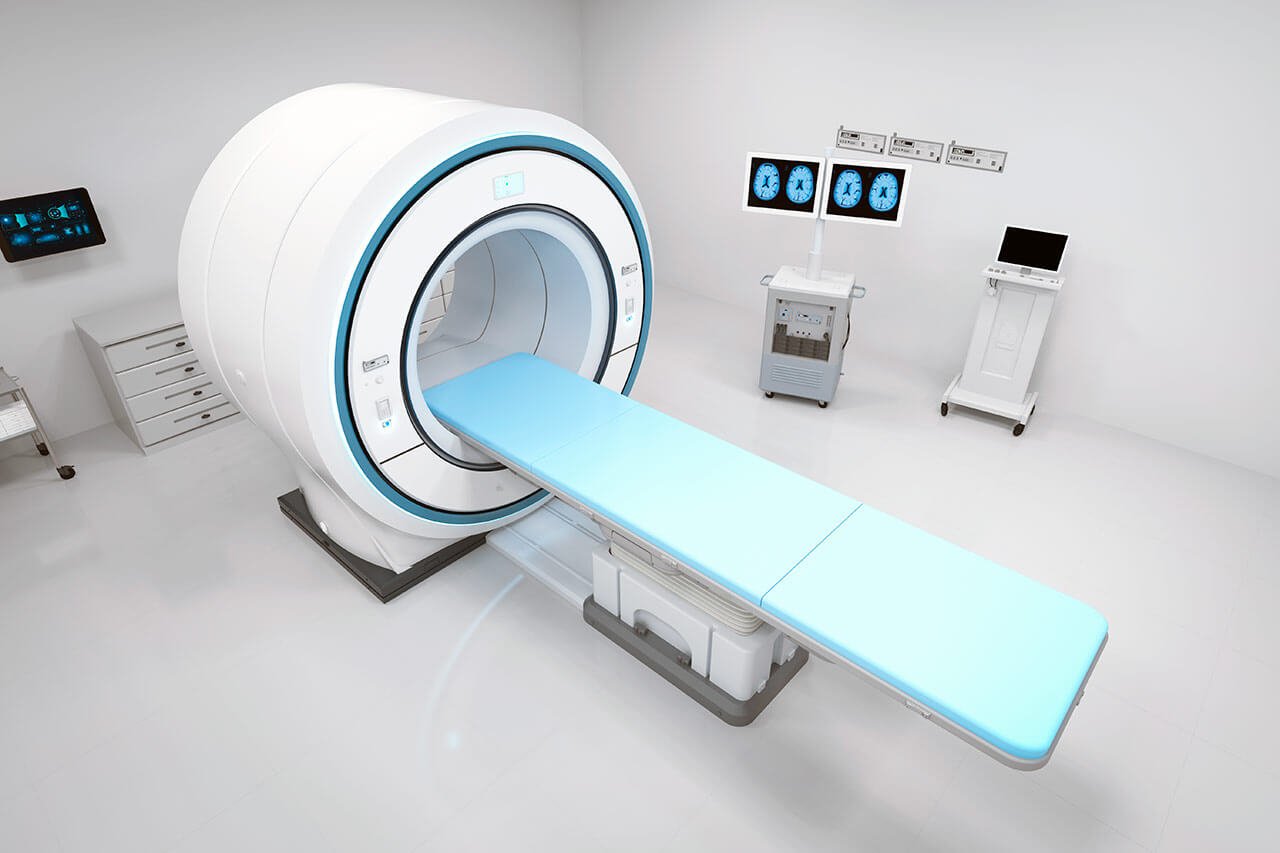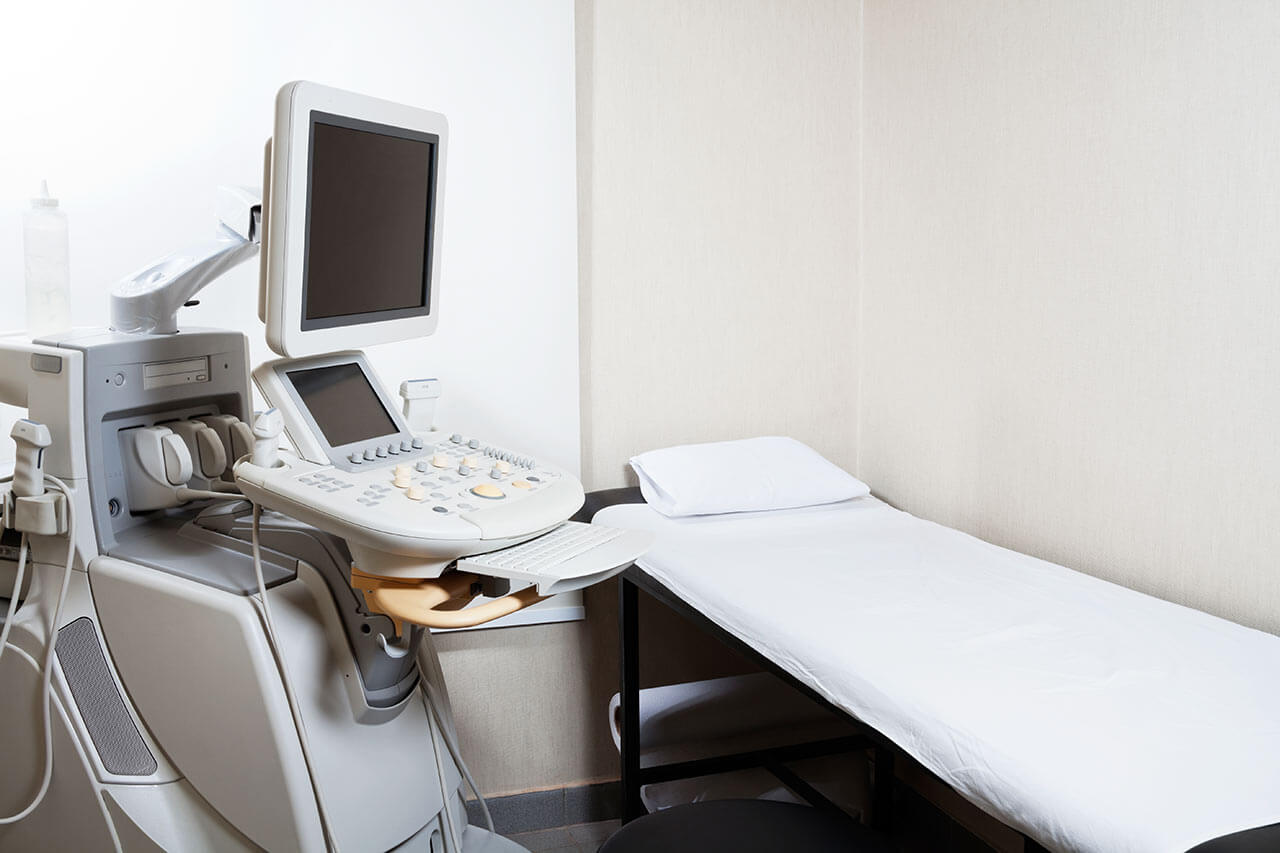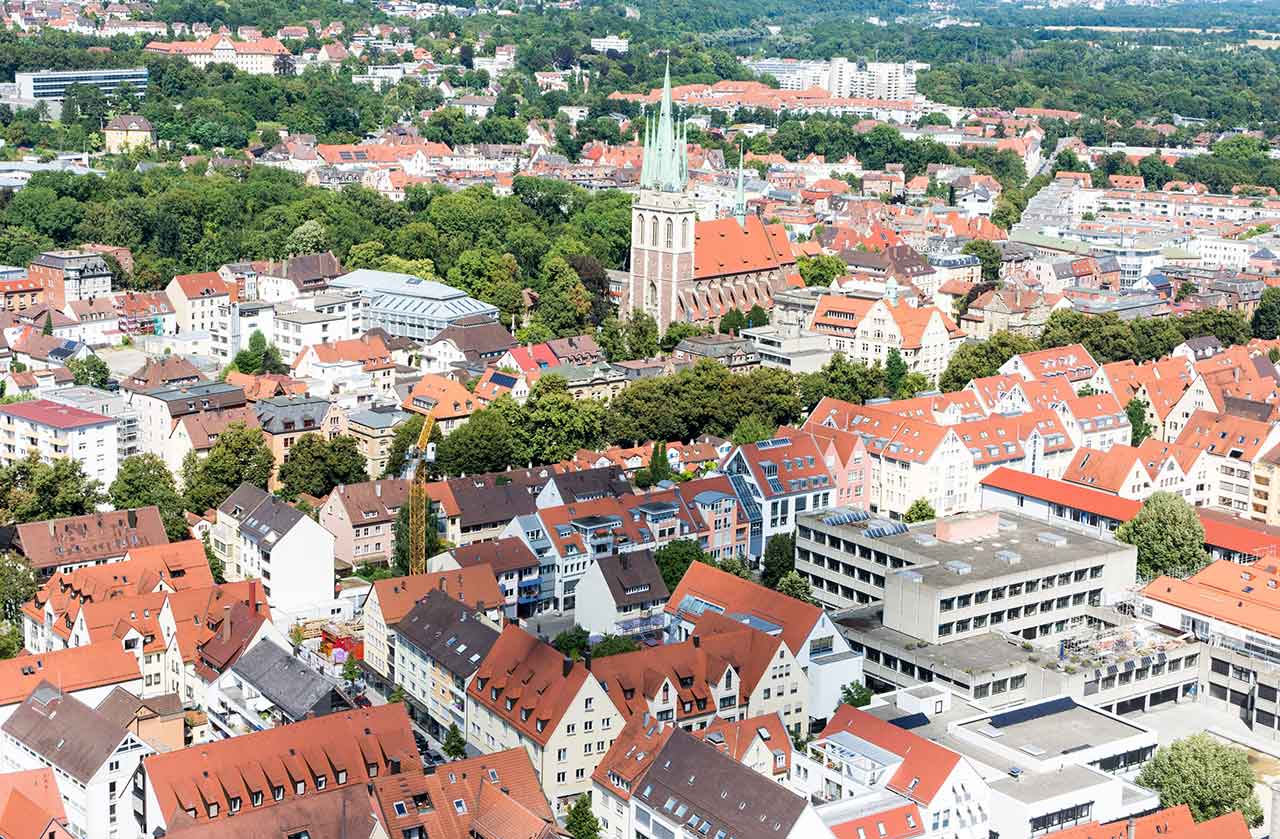
About the Department of Pediatric Cardiology at University Hospital Ulm
The Department of Pediatric Cardiology at the University Hospital Ulm offers the full range of modern diagnostic procedures and treatment methods for young patients with heart diseases. The department is one of the most experienced medical facilities in Germany, specializing in the treatment of congenital heart disease. The department admits young patients with heart rhythm disturbances (arrhythmias), heart failure, cardiomyopathies, inflammatory heart diseases, arterial hypertension, and Marfan syndrome every day. Medical care is provided in close cooperation with radiologists and other physicians in related disciplines. The department's doctors have state-of-the-art diagnostic infrastructure for comprehensive heart examinations of children. The specialists conduct cardiac catheterization, transesophageal echocardiography, stress echocardiography, electrocardiography, cardiac MRI, and other examinations. The department also houses an outpatient clinic, where more than 3,000 young patients receive medical care annually. In cases requiring inpatient treatment, children can be accommodated in rooms with one of their parents. The department also provides round-the-clock emergency cardiac care for children. The department's team of doctors strictly adheres to current clinical protocols in their work, which contributes to high treatment success rates. The department is headed by Prof. Dr. med. Christian Apitz.
Of particular interest to the department's specialists is the treatment of congenital heart disease in children and adults (certified by the German Cardiac Society). The most common of them include atrial septal defect, atrioventricular canal defect, bicuspid aortic valve, coarctation of the aorta, patent ductus arteriosus, patent foramen ovale, tetralogy of Fallot, and ventricular septal defect. As a rule, the specialists detect congenital heart disease in the first days of a child's life, sometimes in the first months. Common symptoms of the heart defect include cyanosis (bluish discoloration of the skin, lips, and fingertips), rapid breathing, and swelling of the legs and abdomen. To diagnose the condition, doctors conduct a comprehensive set of examinations, including echocardiography, electrocardiography, chest X-rays, cardiac magnetic resonance imaging, and cardiac catheterization. The treatment of congenital heart defects in children involves drug therapy and catheter-based interventions. Medicines (antihypertensives, diuretics, antiarrhythmics, etc.) are usually prescribed to relieve symptoms. Catheter-based interventions are successfully performed in the department to repair heart defects. The cardiologist approaches the heart through a femoral artery puncture. One or more catheters are inserted under imaging guidance, and the necessary therapeutic manipulations are performed, for example, the placement of an occluder to close the atrial septal defect or patent foramen ovale.
The department often admits young patients with cardiomyopathy, a whole group of diseases affecting the myocardium. As the disease progresses, the pumping function of the heart deteriorates, which may result in heart failure or sudden cardiac death. The insidiousness of cardiomyopathy is that it may not cause any symptoms. Non-specific symptoms such as shortness of breath, dizziness, fainting, an irregular or rapid heartbeat, chest pain, and fatigue are also often present. The main diagnostic methods for suspected cardiomyopathy are echocardiography and electrocardiography. Sometimes genetic testing may be required. Cardiomyopathy is difficult to treat, but there are effective methods that can be used to bring it under control and provide the child with a high quality of life. First-line treatment is drug therapy with various groups of medications, and in cases of arrhythmia in a child, the placement of an implantable cardioverter-defibrillator may be required.
Another important aspect of the department's clinical practice is the treatment of arrhythmias in children. The disease occurs due to disturbances in the electrical conduction, frequency, or regularity of heart contractions. Symptoms of arrhythmia in a child may include weakness, rapid fatigue, dizziness, fainting, pain behind the sternum and in the heart area, poor appetite, and pallor. Diagnosis begins with the study of the child's medical history and a clinical examination, followed by an instrumental diagnosis that includes electrocardiography, echocardiography, 24-hour Holter monitoring, and an ECG with a stress test. The department's cardiologists select the optimal treatment tactics for the child depending on the type of arrhythmia and its severity. Whenever possible, the specialists only prescribe drugs. In more complex clinical cases, they perform catheter-based procedures, such as radiofrequency ablation, cryoablation, or cardioversion. The last-line treatment is the placement of a pacemaker or implantable cardioverter-defibrillator.
The department's range of medical services includes the following:
- Diagnostics and treatment of congenital heart disease in children and adults
- Diagnostics and treatment of cardiomyopathies
- Diagnostics and treatment of arrhythmias
- Diagnostics and treatment of heart failure
- Diagnostics and treatment of inflammatory heart diseases: Kawasaki disease, endocarditis, and myocarditis
- Diagnostics and treatment of arterial hypertension
- Diagnostics and treatment of Marfan syndrome
- Diagnostics and treatment of pulmonary hypertension
- Diagnostics and treatment of other heart diseases
Curriculum vitae
Prof. Dr. med. Christian Apitz has been the Head Physician of the Department of Pediatric Cardiology at the University Hospital Ulm since 2015. He underwent his professional clinical training in Pediatric Cardiology at the University Hospital Wuerzburg, after which he worked as a Cardiologist in the Department of Pediatric and Adolescent Medicine at the University Hospital Tuebingen. From 2008 to 2009, Prof. Apitz did his internship (focusing on clinical research) at the world-renowned Hospital for Sick Children in Canada. This is the second largest pediatric hospital in the world after Boston Children's Hospital. The doctor then worked in the Department of Pediatric Cardiology at the University Hospital Giessen, where he headed the outpatient clinic specializing in pediatric cardiology and a special outpatient clinic for children and adolescents with pulmonary hypertension.
Prof. Christian Apitz has an EMAH certificate for outstanding services in the treatment of adults with congenital heart disease.
He is a member of the Scientific Committee of the German Society for Pediatric Cardiology (DGPK) and a Co-Founder and Co-Chairman of the German Working Group on Pulmonary Vascular Diseases in Children.
Photo of the doctor: (c) Universitätsklinikum Ulm






